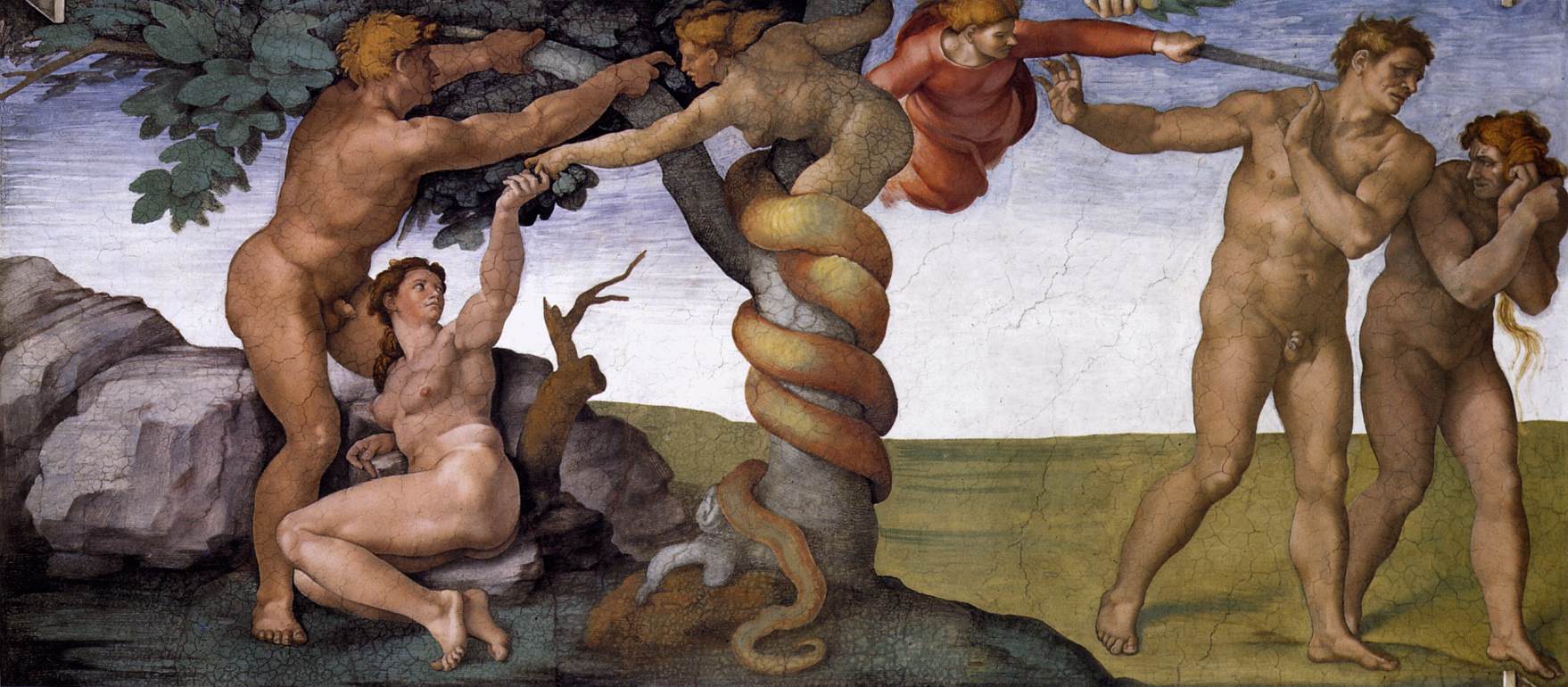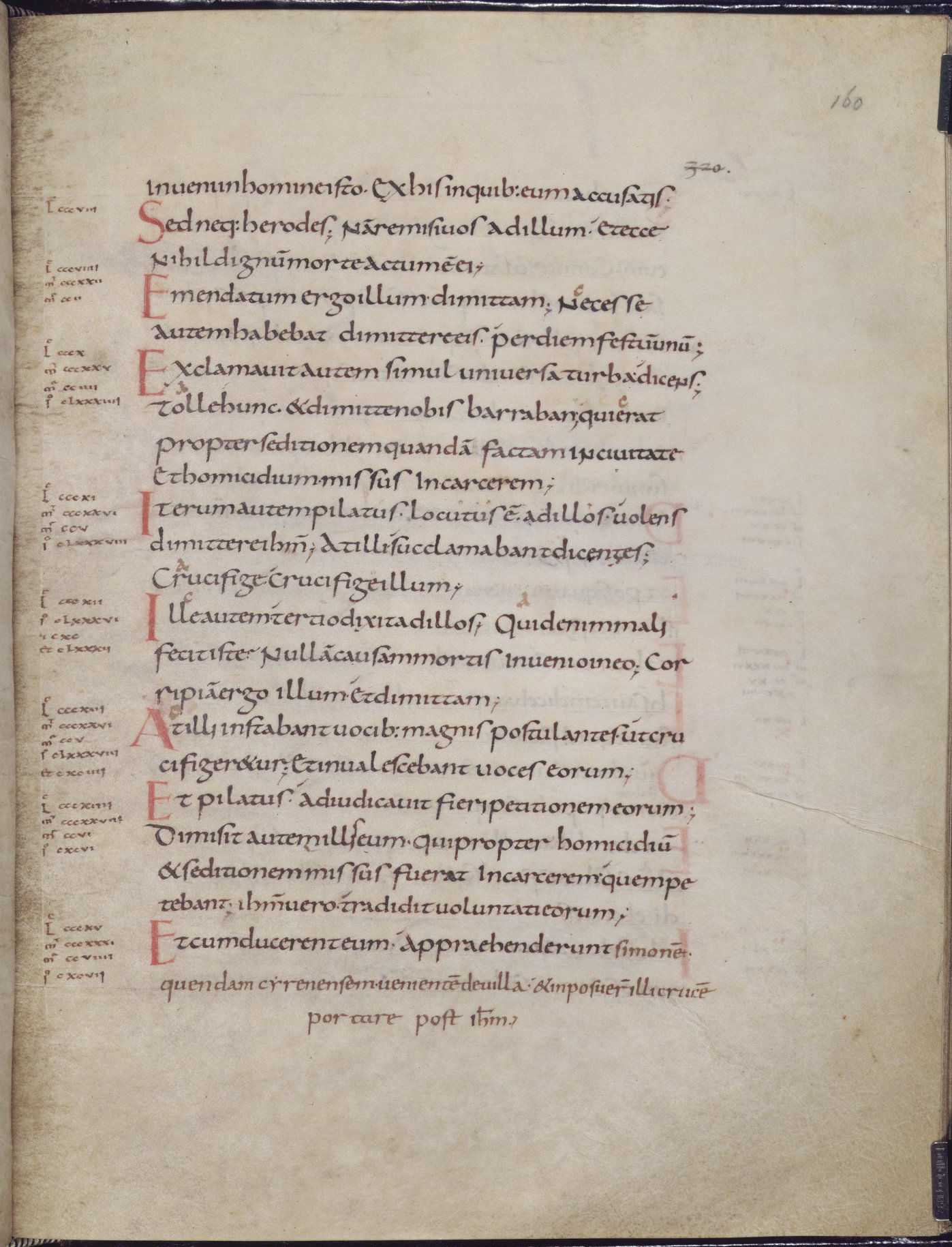|
Schools Of Philosophy
{{Horizontal TOC, nonum=on A * Absurdism * Academic skepticism * Achintya Bheda Abheda * Advaita Vedanta * Agnosticism * Ajātivāda * Ājīvika * Ajñana * Alexandrian school * Analytic philosophy * Analytical Thomism * Anarchist schools of thought * Antipositivism * Antireductionism * Aristotelianism * Atheism * Atomism * Augustinianism * Australian realism * Averroism * Avicennism B * Brahmoism * British idealism * Budapest School * Buddhism C * Cambridge Platonists * Carolingian Renaissance * Cartesianism * Charvaka * Christian humanism * Christian philosophy * Classical Marxism * Collegium Conimbricense * Communitarianism * Confucianism * Continental philosophy * Critical realism (philosophy of perception) *Critical realism (philosophy of the social sciences) * Cynicism * Cyrenaics D * Deconstruction * Deism * Deontological ethics * Dialectical materialism * Dvaita Vedanta * Dvaitadvaita E * Egoism * Eleatics * Eliminativism * Emanationism * Emergentism * Empir ... [...More Info...] [...Related Items...] OR: [Wikipedia] [Google] [Baidu] |
Absurdism
Absurdism is the philosophical theory that existence in general is absurd. This implies that the world lacks Meaning of life, meaning or a higher purpose and is not fully intelligible by reason. The term "absurd" also has a more specific sense in the context of absurdism: it refers to a conflict or a discrepancy between two things but there are several disagreements about their exact nature. These disagreements have various consequences for whether absurdism is true and for the arguments cited in favor and against it. Popular accounts characterize the conflict as a collision between Rationality, rational man and an irrational universe, between intention and outcome, or between subjective assessment and objective worth. An important aspect of absurdism is its claim that the world ''as a whole'' is absurd. It differs in this regard from the uncontroversial and less global thesis that some ''particular'' situations, persons, or phases in life are absurd. Various components of the ... [...More Info...] [...Related Items...] OR: [Wikipedia] [Google] [Baidu] |
Augustinianism
Augustinianism is the philosophical and theological system of Augustine of Hippo and its subsequent development by other thinkers, notably Boethius, Anselm of Canterbury and Bonaventure. Among Augustine's most important works are ''The City of God'', '' De doctrina Christiana'', and '' Confessions''. Originally, Augustinianism developed in opposition to Pelagianism; it was widespread in medieval western philosophy until the arrival of Thomism and Aristotelianism. Plato and Plotinus influenced Augustine in many ways, and he is considered a Neoplatonic philosopher. The Augustinian theodicy and other Augustinian doctrines such as the divine illumination and the invisible church show a strong Platonic influence. Pope Benedict XVI cautioned that all of the Western Church teaching leads to him: View of humanity "Augustine considered the human race as a compact mass, a collective body, responsible in its unity and solidarity. Carrying out his system in all its logical consequences ... [...More Info...] [...Related Items...] OR: [Wikipedia] [Google] [Baidu] |
Christian Philosophy
Christian philosophy includes all philosophy carried out by Christians, or in relation to the religion of Christianity. Christian philosophy emerged with the aim of reconciling science and faith, starting from natural rational explanations with the help of Christian revelation. Several thinkers such as Augustine believed that there was a harmonious relationship between science and faith, others such as Tertullian claimed that there was contradiction and others tried to differentiate them. There are scholars who question the existence of a Christian philosophy itself. These claim that there is no originality in Christian thought and its concepts and ideas are inherited from Greek philosophy. Thus, Christian philosophy would protect philosophical thought, which would already be definitively elaborated by Greek philosophy. However, Boehner and Gilson claim that Christian philosophy is not a simple repetition of ancient philosophy, although they owe to Greek science the knowledge ... [...More Info...] [...Related Items...] OR: [Wikipedia] [Google] [Baidu] |
Christian Humanism
Christian humanism regards humanist principles like universal human dignity, individualism, individual freedom, and the importance of happiness as essential and principal or even exclusive components of the teachings of Jesus. Proponents of the term trace the concept to the Renaissance or patristic period, linking their beliefs to the Renaissance humanism, scholarly movement also called 'humanism'. Theologians such as Jens Zimmermann (philosopher), Jens Zimmerman make a case for the concept of Christian humanism as a cogent force in the history of Christianity. In Zimmerman's account, Christian humanism as a tradition emerges from the Christian doctrine that God in Christianity, God, in the person of Jesus, became human in order to redeem humanity, and the further injunction for the participating human collective (the church) to act out the life of Christ. The term has been critcised, with some noting that it is used to argue for the "exceptionalism" of Christianity, or other und ... [...More Info...] [...Related Items...] OR: [Wikipedia] [Google] [Baidu] |
Charvaka
Charvaka ( sa, चार्वाक; IAST: ''Cārvāka''), also known as ''Lokāyata'', is an ancient school of Indian materialism. Charvaka holds direct perception, empiricism, and conditional inference as proper sources of knowledge, embraces philosophical skepticism and rejects ritualism and supernaturalism. It was a popular belief system in ancient India. Brihaspati a philosopher, is traditionally referred to as the founder of Charvaka or Lokāyata philosophy, although some scholars dispute this. During the Hindu reformation period in the first millennium BCE, when Buddhism was established by Gautama Buddha and Jainism was re-organized by Parshvanatha, the Charvaka philosophy was well documented and opposed by both religions. Much of the primary literature of Charvaka, the Barhaspatya sutras, were lost either due to waning popularity or other unknown reasons. Its teachings have been compiled from historic secondary literature such as those found in the shastras, sutras, a ... [...More Info...] [...Related Items...] OR: [Wikipedia] [Google] [Baidu] |
Cartesianism
Cartesianism is the philosophical and scientific system of René Descartes and its subsequent development by other seventeenth century thinkers, most notably François Poullain de la Barre, Nicolas Malebranche and Baruch Spinoza. Descartes is often regarded as the first thinker to emphasize the use of reason to develop the natural sciences. For him, philosophy was a thinking system that embodied all knowledge. Aristotle and St. Augustine’s work influenced Descartes's cogito argument. Additionally, there is similarity between Descartes’s work and that of the Scottish philosopher, George Campbell’s 1776 publication, titled ''Philosophy of Rhetoric.'' In his ''Meditations on First Philosophy'' he writes, " t what then am I? A thing which thinks. What is a thing which thinks? It is a thing which doubts, understands, onceives affirms, denies, wills, refuses, which also imagines and feels." Cartesians view the mind as being wholly separate from the corporeal body. Sensation ... [...More Info...] [...Related Items...] OR: [Wikipedia] [Google] [Baidu] |
Carolingian Renaissance
The Carolingian Renaissance was the first of three medieval renaissances, a period of cultural activity in the Carolingian Empire. It occurred from the late 8th century to the 9th century, taking inspiration from the State church of the Roman Empire, Christian Roman Empire of the fourth century. During this period, there was an increase of literature, writing, visual arts, architecture, music, jurisprudence, liturgical reforms, and Religious text, scriptural studies. The movement occurred mostly during the reigns of Carolingian rulers Charlemagne and Louis the Pious. It was supported by the scholars of the Carolingian dynasty, Carolingian court, notably Alcuin, Alcuin of York. Charlemagne's ''Admonitio generalis'' (789) and ''De litteris colendis, Epistola de litteris colendis'' served as manifestos. The effects of this cultural revival were mostly limited to a small group of court ''intellectual, literati''. According to John Contreni, "it had a spectacular effect on education a ... [...More Info...] [...Related Items...] OR: [Wikipedia] [Google] [Baidu] |
Cambridge Platonists
The Cambridge Platonists were an influential group of Platonist philosophers and Christian theologians at the University of Cambridge that existed during the 17th century. The leading figures were Ralph Cudworth and Henry More. Group and its name Mark Goldie, writing in the ''Oxford Dictionary of National Biography'', notes that the term "Cambridge Platonists" was given in the 19th century and can be misleading. There is no clear distinction between the group and latitudinarians in general. Historiography The categorization and interpretation of the Cambridge Platonists has changed over time. Frances Yates interpreted them as scholars who engaged with the Christian Kabbalah but rejected Hermeticism following Isaac Casaubon's redating of the Hermetic corpus. She argues that Cudsworth and More perpetuate certain Renaissance Neoplatonic ideas, including a broad syncretism of early forms of Hermeticism, in a new scholarly context. Dmitri Levitin has challenged any categorization ... [...More Info...] [...Related Items...] OR: [Wikipedia] [Google] [Baidu] |
Buddhism
Buddhism ( , ), also known as Buddha Dharma and Dharmavinaya (), is an Indian religion or philosophical tradition based on teachings attributed to the Buddha. It originated in northern India as a -movement in the 5th century BCE, and gradually spread throughout much of Asia via the Silk Road. It is the world's fourth-largest religion, with over 520 million followers (Buddhists) who comprise seven percent of the global population. The Buddha taught the Middle Way, a path of spiritual development that avoids both extreme asceticism and hedonism. It aims at liberation from clinging and craving to things which are impermanent (), incapable of satisfying ('), and without a lasting essence (), ending the cycle of death and rebirth (). A summary of this path is expressed in the Noble Eightfold Path, a training of the mind with observance of Buddhist ethics and meditation. Other widely observed practices include: monasticism; " taking refuge" in the Buddha, the , and the ; ... [...More Info...] [...Related Items...] OR: [Wikipedia] [Google] [Baidu] |
Budapest School (Lukács)
The Budapest school, or documentarism, was a Hungarian film movement that flourished from roughly 1972 to 1984. The movement originated from Béla Balázs Studios, a small-budget filmmaking community that aimed to unite the young avant-garde and underground filmmakers of Hungary and give them an opportunity to make experimental works without state censorship. The Balázs studio gave birth to two main movements in the early 1970s: an experimental, avant-garde group (led by individuals like Gábor Bódy), and the documentarist group, whose main goal was the portrayal of absolute social-reality on screen. This movement was called "Budapest school" by an Italian film critic on a European film festival. Soon they adopted this name. The main founders and leaders of the group were István Dárday, Györgyi Szalai, Judit Ember and Pál Schiffer. Many young and sometimes amateur artists were invited to the group by fellow filmmakers, especially Béla Tarr, who made his debut film at the ... [...More Info...] [...Related Items...] OR: [Wikipedia] [Google] [Baidu] |
Brahmoism
Brahmoism is a religious movement which originated from the mid-19th century Bengali Renaissance, the nascent Indian independence movement. Adherents, known as ''Brahmos'' (singular Brahmo), are mainly of Indian or Bangladeshi origin or nationality. The Brahmo Samaj, literally the "Society of Brahma", was founded as a movement by Ram Mohan Roy.Chambers Dictionary Of World History. Editor BP Lenman. Chambers. 2000. Fundamental principles The Brahmo articles of faith derive from the Fundamental (''Adi'') Principles of the ''Adi Brahmo Samaj'' religion. * On God: There is always Infinite (limitless, un-definable, imperceivable, indivisible) Singularity - immanent and transcendent Singular Author and Preserver of Existence - "He" whose Love is manifest everywhere and in everything, in the fire and in the water, in the smallest plant to the mightiest oak. * On Being: Being is created from Singularity. Being is renewed to Singularity. Being exists to be one (again) with Loving Si ... [...More Info...] [...Related Items...] OR: [Wikipedia] [Google] [Baidu] |




